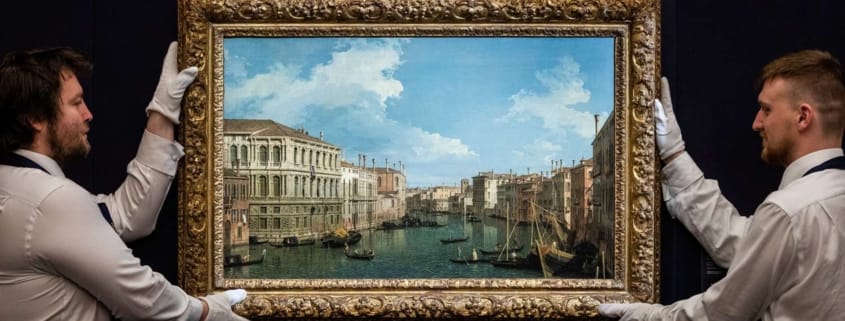Bronte Isabella
The value appraisal of high-value art
Department of Literature & Arts, Faculty of Arts and Social Science, Maastricht University
Supervisors: Prof. Olav Velthuis (University of Amsterdam), Dr. Christoph Rausch (Maastricht University)
Background
Bronte Isabella is a PhD Candidate in the Department of Literature and Art at the Faculty of Arts and Social Sciences at Maastricht University. She has a Dual Bachelors of Communication & Arts, with an extended major in Art History and minor in Literature from the University of Queensland, Australia and a Master of Arts (cum laude), specialising in Contemporary Art in a Global Perspective, from Leiden University. Bronte has extensive experience working in art institutions and museums across Europe, Nepal, and Australia, as well as teaching at the university level. Her current research examines art appraisal practices in The Netherlands, exploring how high-value art is constructed and legitimised to have value. Her work explores the sociology of art at the intersection of science and technology studies (STS), economic sociology, and cultural anthropology.
Content
The valuation of an artwork is the culmination of complex, and often opaque, social processes and professional practices. Colloquially, the value of art is often understood as a matter of aesthetic taste, and taste cannot be disputed. In practice, the determination of value extends far beyond the aesthetic qualities of an artwork; high-value art appraisal is an intricate undertaking influenced by a complex, non-static, assemblage of technology, politics and ethics.
This PhD research project examines how the value of art is constructed and legitimised through examining the professional of art appraisal. The profession of art appraisal is integral to the financial infrastructure of the art market, with appraisers determining the value of artworks for insurance, banking, and fiscal purposes. However, despite the global art market’s estimated value of $65 billion USD (McAndrew, 2024) and the pivotal role appraisers play, this profession has received surprisingly little academic attention. The question ‘How do socio-technological power relations construct and legitimise the value appraisal of high-value art?’ will guide this inquiry.
From an economic sociological and cultural anthropological perspective, this research will employ a Science and Technology studies (STS) approach to trace the art appraisal network and contextualise this research within the broader neoliberal power structure in The Netherlands.
This research employs an ethnographic approach to data collection. Given that art appraisal is a professional practice one learns by doing, a 12-month apprenticeship with an independent appraiser and work experience at several auction houses will offer direct insight into the professional practices and norms. Additionally, participant observation will take place at art auctions and fairs. To complement this, extensive in-person interview will be conducted with appraisers and professionals who utilize appraisal information in their work.
This is a part the broader NWO funded PRICELESS project, which examines the potential for High-Value Unique Goods to be used for the purpose of subversive financial crime. This project’s research into the fundamentals of arts value, within the frame of this broader project, will help identify vulnerabilities in the valuation process.

 Tristan Fewings - Getty Images
Tristan Fewings - Getty Images
